
With the aim of improving coffee quality and meeting consumer demand, Lam Dong’s agricultural sector has implemented many production solutions for farmers. In particular, localities have focused on programs to improve coffee quality, reduce carbon emissions and protect the environment.
In 2023, Lam Dong Agricultural Extension Center in collaboration with the Western Highlands Agricultural and Forestry Science Institute (WASI) will deploy the model of "Smart coffee cultivation adapting to climate change". The Agricultural Extension Center has selected coffee gardens intercropped with fruit trees that meet environmental, social and economic criteria to build the model.
Mr. Pham Duy Hong's family in Thuan An commune participated in the Coffee-Durian model and maintained the vegetation. The model has been effective thanks to new technical guidance. Mr. Hong said: "Previously, I took care of coffee and durian based only on experience, so the economic efficiency was not high. After participating in the smart coffee farming program, I was instructed in new techniques, so the plants grew better."
Meanwhile, Mr. Tran Van Viet's family in Duc Trong commune cultivates their garden using natural grass management and does not use herbicides. This improves the garden's ecological environment by sequestering carbon in the soil, improving biodiversity and water quality. Mr. Viet said: "Natural grass management makes the soil better, does not harm the health of workers, crops and pollutes the environment. As a result, profits will be higher and it will be able to withstand adverse weather conditions."
Using responsible agricultural inputs in sustainable coffee production with 6 factors for plant health management (IPHM) to consider are: healthy soil, healthy plants, smart investment, ecological protection, field monitoring, professional and responsible farmers.
Mr. Le Quoc Thanh - Director of the National Agricultural Extension Center
According to Mr. Nguyen Van Chuong - Director of Lam Dong Agricultural Extension Center, intercropping and maintaining vegetation are important factors in adapting to climate change. From there, farmers gradually change their farming methods and practice garden care techniques according to standards.
Plant care regimes at each stage require different amounts of fertilizer and irrigation. Therefore, the cultivated land is analyzed for fertility to create a balanced and reasonable fertilizer and irrigation formula, helping to maintain soil fertility.
Dr. Nguyen Xuan Hoa - Head of the Department of Agricultural Systems at WASI said that the institute has deployed 3 smart coffee farming models in Lam Dong. The models have contributed to improving soil fertility, reducing soil-borne diseases and reducing greenhouse gas emissions.
The program also helps people use fertilizers properly, save water and increase coffee productivity. After the program ends in 2025, WASI will develop standard fertilizer and irrigation procedures for intercropping and pure coffee gardens in Lam Dong, then transfer them to localities.
According to Mr. Le Quoc Thanh - Director of the National Agricultural Extension Center, when the coffee area increases, the forest cover will decrease. This affects the ecosystem, leading to changes in the environment. From there, the carbon absorption capacity and water retention capacity of the tree are reduced.
Therefore, in Lam Dong, many projects and programs have directly transferred to farmers technical measures, knowledge, and information on the responsible use of inputs, and coffee growing processes certified by environmental and social standards such as Rainforest Alliance, UTZ, Fair Trade, Organic, etc. “These methods not only help protect soil and water but also enrich the garden ecosystem. Reducing toxic chemicals will help protect the health of farmers and surrounding communities,” added Mr. Le Quoc Thanh.
Currently, the whole province has more than 323,000 hectares of coffee, of which the area
business over 310,000 hectares, total output estimated at over 1 million tons, accounting for a large proportion of the total agricultural area. The province's annual coffee export value is estimated at 450 - 500 million USD, of which the EU market accounts for about 45 - 50%.
Source: https://baolamdong.vn/bao-ve-moi-truong-tu-phat-trien-chuoi-gia-tri-ca-phe-ben-vung-391546.html



![[Photo] Prime Minister Pham Minh Chinh attends the groundbreaking ceremony of two key projects in Hai Phong city](https://vphoto.vietnam.vn/thumb/1200x675/vietnam/resource/IMAGE/2025/9/27/6adba56d5d94403093a074ac6496ec9d)








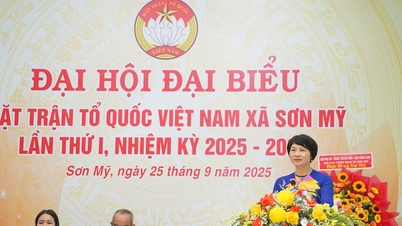


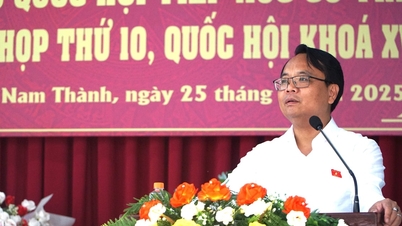


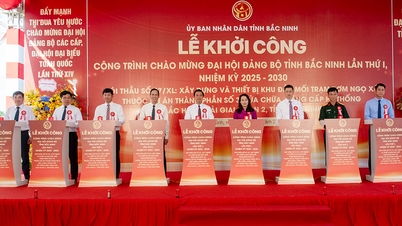












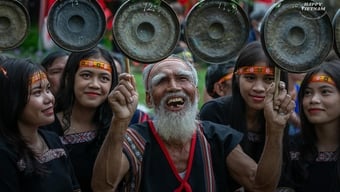
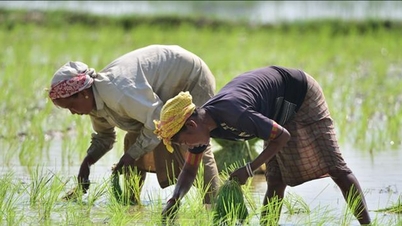

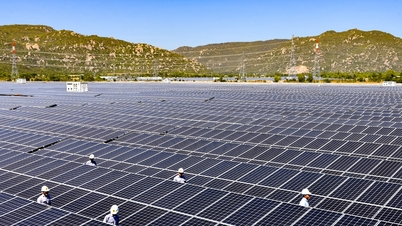


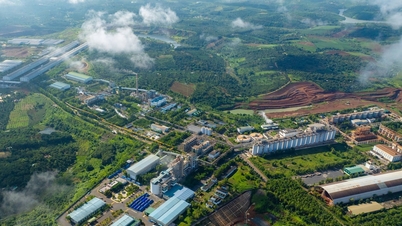























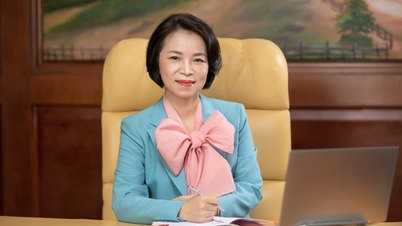




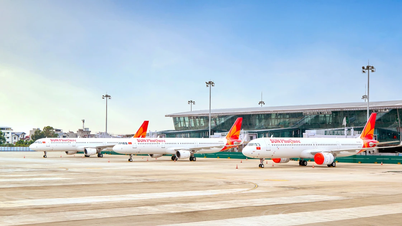



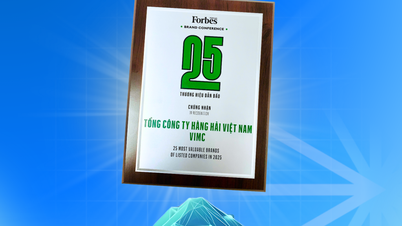
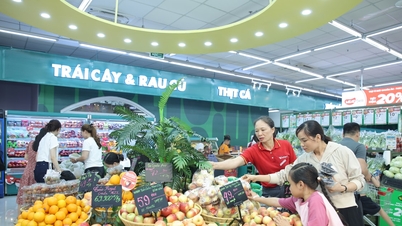

![[Live] Vietnam Tourism Awards Ceremony 2025](https://vphoto.vietnam.vn/thumb/402x226/vietnam/resource/IMAGE/2025/9/27/001400e8ad9a46e9a3651a828cc6834d)





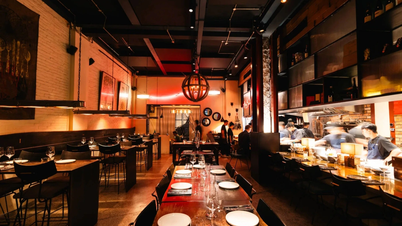





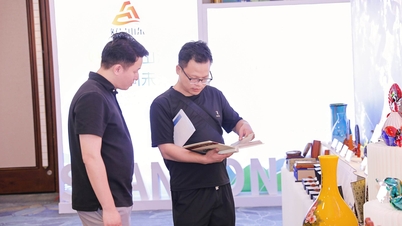

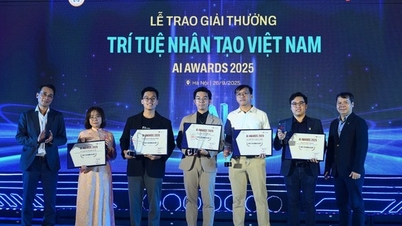
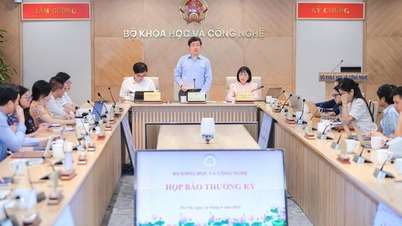






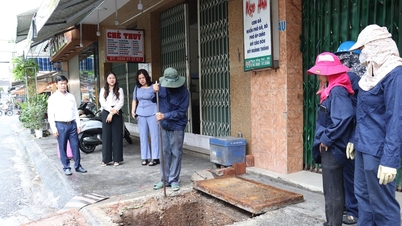






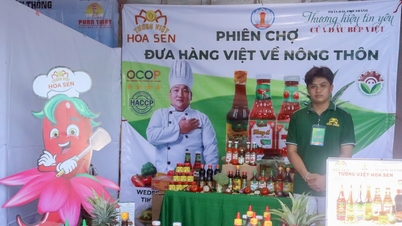






Comment (0)